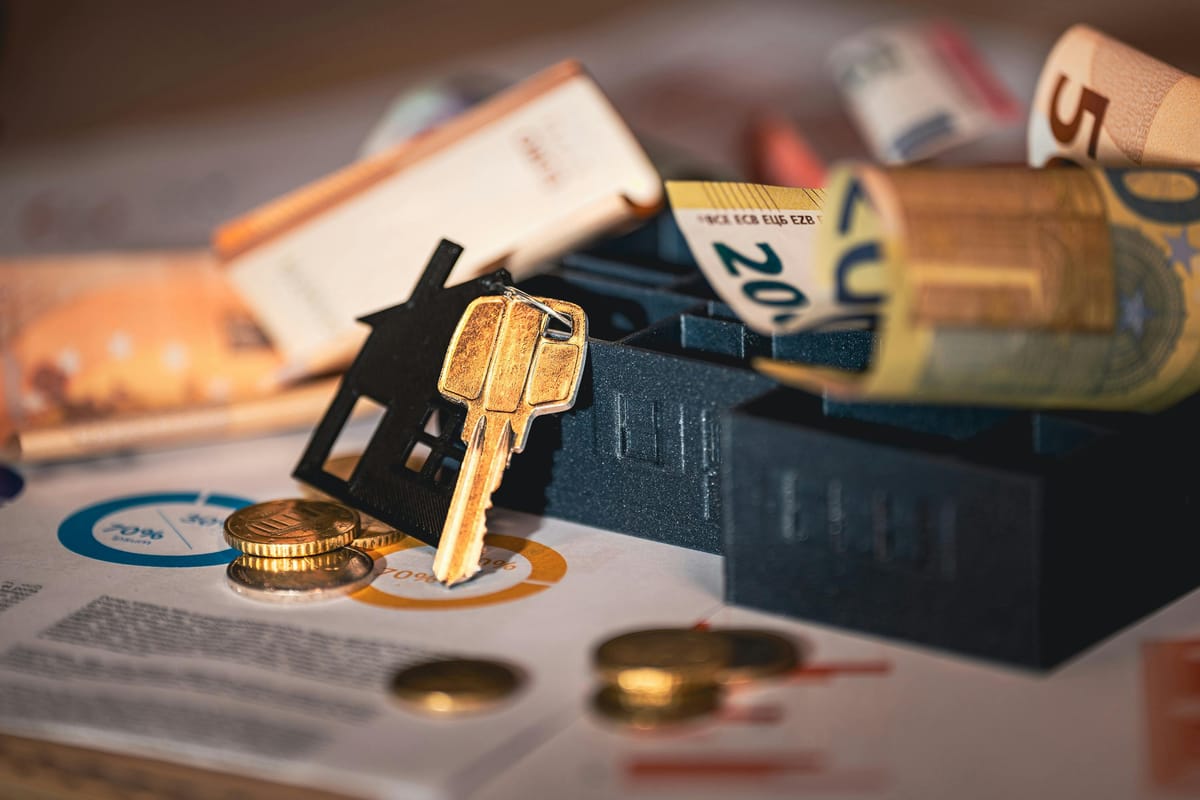Top tips for buying a bargain property overseas
Buying property abroad can be thrilling – but it’s also a game of strategy. From protecting yourself against currency swings to reading the market and mastering your poker face, these tips will help you negotiate with confidence and secure your dream home at the right price.

Before chasing your dream home overseas, do your calculations and get in the right mindset. A clear budget, backed by a smart currency plan, is your foundation for a successful purchase.
Once you’re ready to make an offer, the time for daydreaming is over – it’s time to get serious. Estate agents can guide you, but their loyalty is to the seller. Higher prices mean bigger commissions, so the responsibility for staying in control of the purchase rests with you.
As a foreign buyer, sellers may assume you have deep pockets, even if you don’t. Retirees, expats, and second-home seekers can all face inflated asking prices, with little local knowledge to gauge what’s fair.
But you have strengths too. Especially if you’re a cash buyer who can walk away. Read my tips to boost your negotiating power abroad.
1. Contact a currency specialist
Before you commit to buying a property overseas, calculate your budget in the local currency, not just in pounds. This will be constantly changing under the influence of exchange rates, which fluctuate by the minute. Imagine agreeing a price when the pound is strong, only to see it lose 5% in a week – which is perfectly feasible. Suddenly, the price has risen by thousands of euros, and your “bargain” isn’t looking so cheap. You can avoid the impact of currency movements like this if you contact a currency specialist.
2. Do your homework
Check recent sales and study the local market so you know what’s a reasonable asking price. When you understand the going rates and can ask informed questions, sellers will see you’re serious.
3. Master your poker face
Strike the right balance – interested but not desperate, courteous yet confident – making it clear you’ve seen plenty of properties and understand the local market. Read the room: sometimes, displaying enthusiasm for the property might appeal to the seller; with others, a cooler approach could land you a better deal.
4. Be charming
Remember, you’re bidding on a home that carries emotional value for its owner. Push too hard with your attitude or offer, and you risk losing goodwill. And while negotiations are typically made through the agent, a personal touch can help. Stand out from the competition by writing a short letter to the seller, sharing who you are and why their property appeals to you.
5. Keep the upper hand
You’re the one with the money on the table, and the power to walk away. The seller’s priority is to close the deal, while you have other options. Recognising that dynamic gives you an edge when negotiating.
6. Counteroffer without delay
Hesitation gives the seller time to entertain other offers. Know your financial limits before negotiations start so you can respond to any counteroffer quickly and with confidence.
7. Don’t dwell on a lost deal
If negotiations collapse, keep a clear head. Often, buyers later feel relieved when a deal falls through because it leads them to a property that’s an even better fit.
Find out how a currency specialist can help you navigate the unpredictable currency markets.
